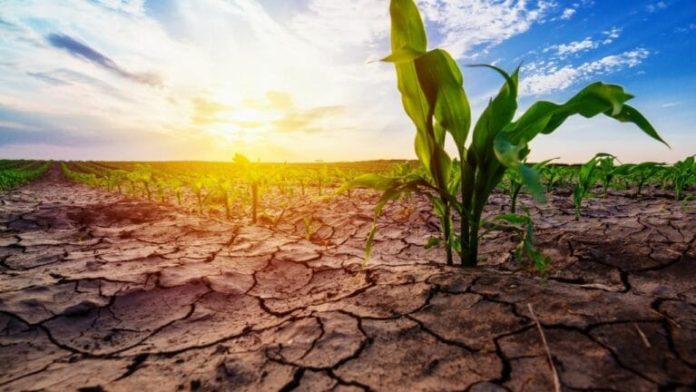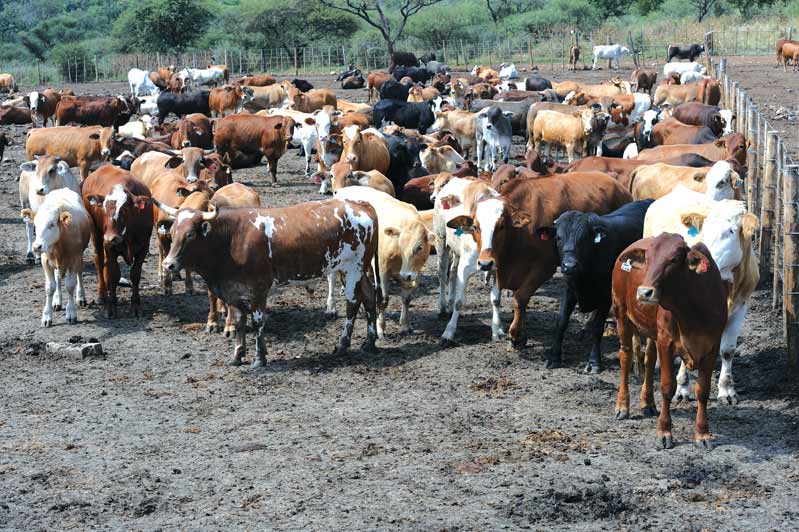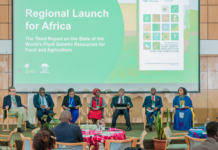Morocco’s central bank, Bank Al-Maghrib (BAM), has called for speedy reforms and the establishment of a state investment fund to counter the effects of the ongoing drought that has impacted the country’s economy significantly.
The country has recorded low rainfalls this year, affecting the agriculture sector which is suffering from the worst drought recorded in over 30 years. According to Abdellatif Jouahri, Governor of the central bank, the drought is set to affect Morocco’s economic growth. He noted that the national economic growth, which was projected to reach 7% this year, might not surpass 3.5% as a result of the lack of rainfalls.
The BAM chief stressed the importance of launching measures to reduce inequality, calling for the creation of an investment fund to mitigate the effects of the ongoing drought and implement reforms to combat a similar situation in the future.
Worst agricultural output
Morocco’s Minister of Agriculture, Mohammed Sadiki, also expressed concern over the drought, warning that this year’s low rainfall could result in Morocco’s worst agricultural output in decades. The government has previously stated that it will put in place programs to mitigate the effects of the drought for agriculture workers, but calls have been amplified lately as Morocco appears to run out of time to rebound from the severity of the drought.
Recent reports have indicated that Morocco faces a severe drought once every 3 years, in contrast to figures from the 1990s, when the country experienced drought once every 10 years. Along with spikes in food prices caused by the COVID pandemic, the notable drop in rainfall levels have raised alarm bells amid signs that Morocco will likely have to depend more on imports to satisfy its food needs.
Mohamed-Saïd Karrouk, professor of climatology at Hassan II University in Casablanca, explained that the region where Morocco is situated has long been characterized by recurring droughts, meaning that the government has to treat the situation as inevitable and put in place measures and programs to mitigate the effects when they do happen.








